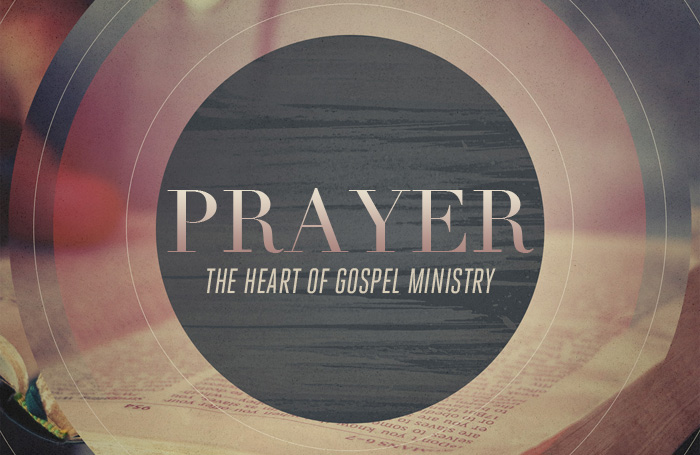Question 185: How are we to pray? Answer: We are to pray with an awful apprehension of the majesty of God, and deep sense of our own unworthiness, necessities, and sins; with penitent, thankful, and enlarged hearts; with understanding, faith, sincerity, fervency, love, and perseverance, waiting upon him, with humble submission to his will.
So goes The Larger Catechism’s, well, rather large answer to a simple question. But it is oh so good.
I long to have that kind of heart in prayer.
HEARING THE HEART IN PRAYER
The Scriptures are full of examples of what faithful prayer looks like in content, but the distance of innumerable centuries means we don’t know what those prayers sounded like. Sure, we can hypothesize. The Westminster Assembly give a good thesis above. How I would love to hear the heart of the great apostle, the prophets and kings of old, and our Lord Jesus as they prayed to the Father. What warmth we would have heard.
More important than what is prayed is how one prays. The Pharisees surely could have cleaned the floors of righteousness with their prayers of dogmatic eloquence. Yet, I’m sure what we would have heard was cold dogmatism emanating from their cold heart.
How’s your heart in prayer? Warm in God or cold towards God?
In his recent book Prayer: Experiencing Awe and Intimacy with God Tim Keller offers numerous stories to illustrate how Christians throughout the centuries have struggled and succeeded in prayer. Three anecdotes in particular stood out and challenged me to consider my heart’s ordinary disposition in prayer.
WHAT JOHN MILLER SAID
The first offers a sagacious and long lasting aside from Jack Miller. Keller writes,
A pastor and friend of mine, Jack Miller, once said he could tell a great deal about a person’s relationship with God by listening to him or her pray. ‘You can tell if a man or woman is really on speaking terms with God,’ he said. My first response was to make a mental note to never pray aloud near Jack again. I’ve had years to test out Jack’s thesis. It is quite possible to become florid, theologically sound, and earnest in your public prayers without cultivating a rich, private prayer life. You can’t manufacture the unmistakable note of reality that only comes from speaking not toward God but with him. The depths of private prayer and public prayer grow together. (23-24)
I wonder how often I pray toward God but not with God.
HOW JOHN MURRAY PRAYED
A second story about John Murray illuminates the power of sincere and reverent prayer. Keller says,
A teacher of mind, Edmund P. Clowney, once told me that he went to one of his own teachers, John Murray, to discuss a private matter. Murray offered to pray for him, and when he did, the power of the prayer was stunning. Murray’s address combined intimate familiarity with a sense of God’s absolute majesty. The presence of God was instantly palpable. It was clear that Murray knew both the nearness of God as well has his transcendence. . . . As encouraging as this experience was for Ed, it was also deeply convicting. Just hearing Murray pray to God revealed to him that his own prayers were wooden, formal, mechanical. He knew little of familiar conversation with God in his presence. (73-74)
Have you ever heard such awe-filled familiarity at the throne of grace? I long to have a soul saturated with fearful confidence in taking hold of God. How easy it is to resort to the meaningless drivel of common forms and familiar patterns.
WHAT LUTHER’S FRIEND HEARD
The final anecdote involves the legendary prayer life of Martin Luther.
Veit Dietrich, one of Luther’s friends, wrote: ‘There is not a day on which he does not devote at least three hours, the very ones most suitable for [work], to prayer. Once I was fortunate to overhear his prayer. Good God, what faith in his words! He speaks with the great reverence of one who speaks to his God, and with the trust and hope of one who speaks with his father and friend.’ (89)
May they say the same of us! God, give us faith and fear to come to You, our Father and Friend, during the best hours of our day.
If someone listened to your prayers, what would they hear about your heart?

